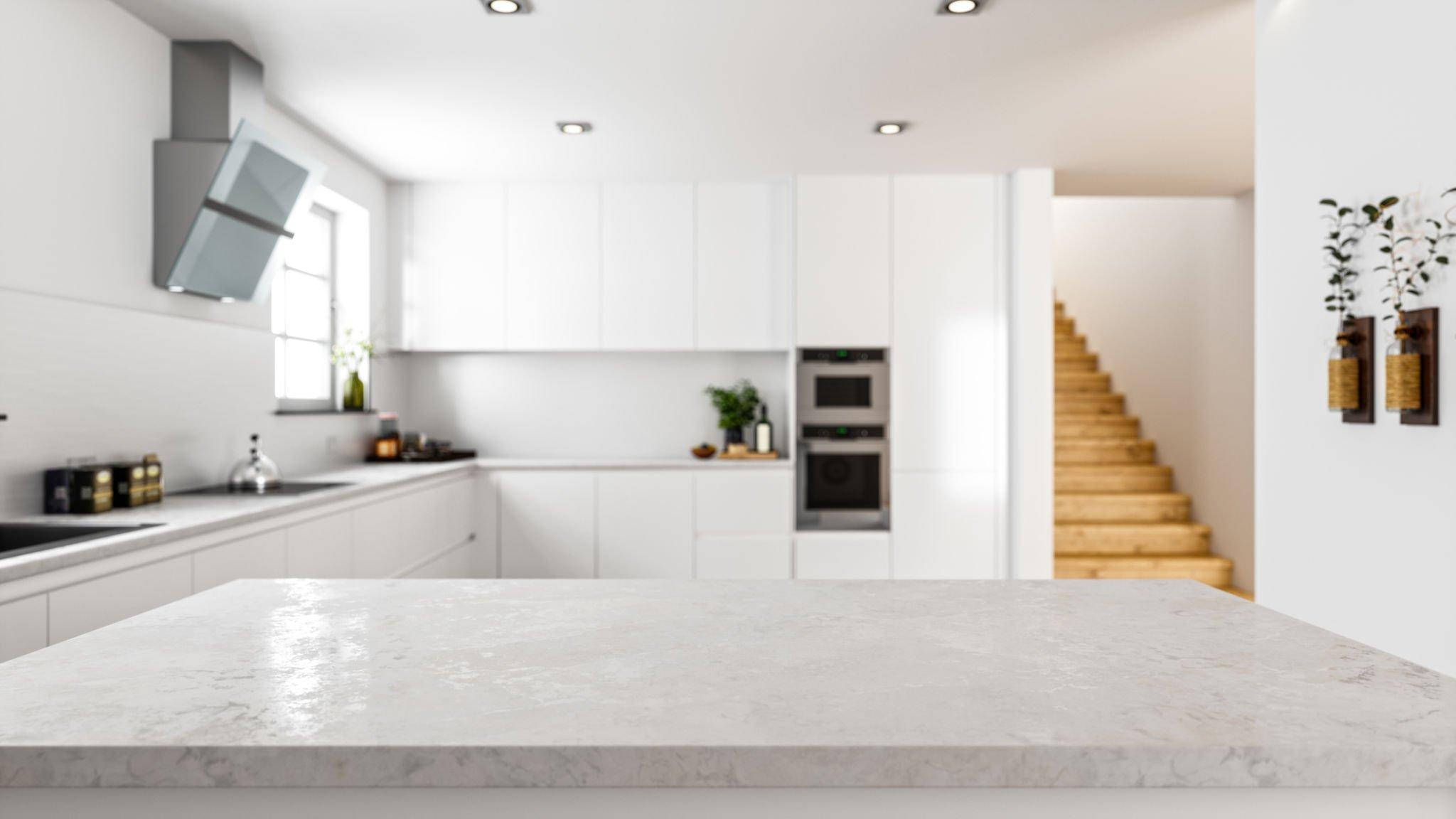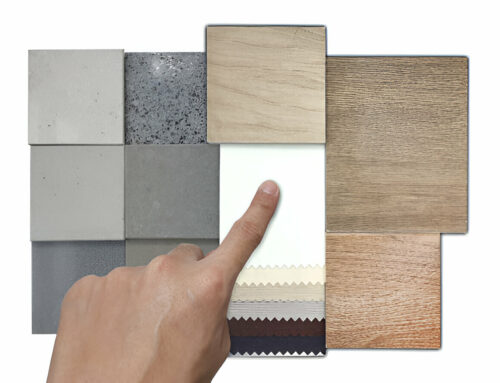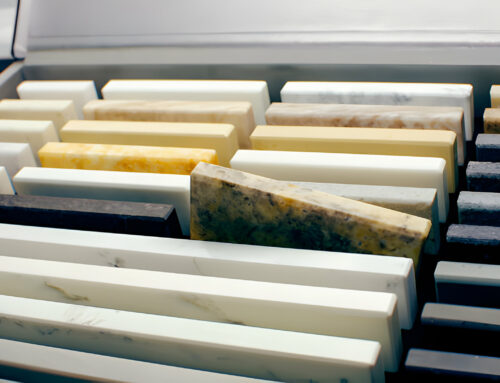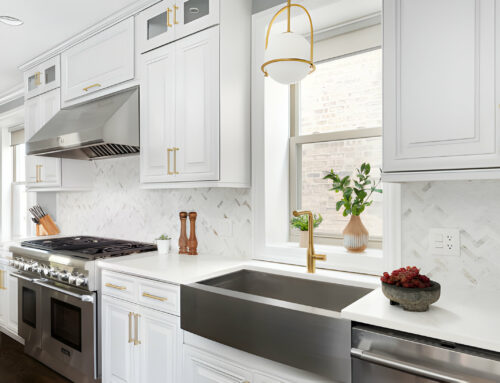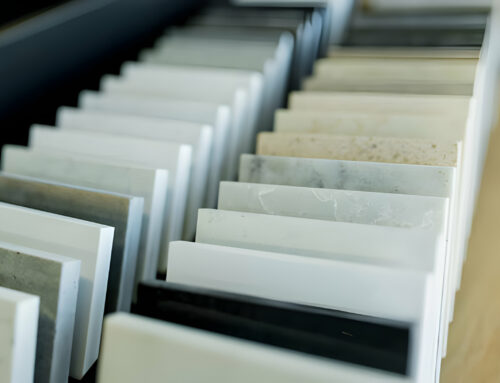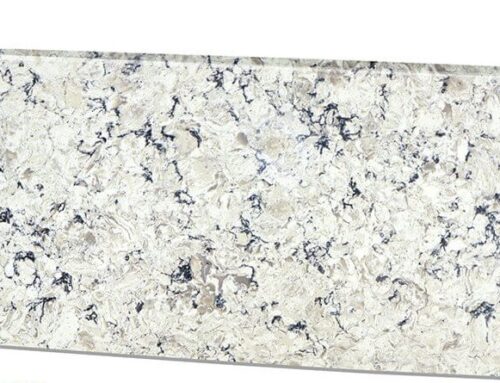Undermount sinks are a popular option for kitchen countertops, but there are a few things to keep in mind when choosing the best countertop material for your sink.
Granite is a popular choice for undermount sinks because it is durable and easy to clean. However, granite can be expensive and difficult to install.
Quartz is another popular option for undermount sinks. It is less expensive than granite and easier to install, but it is not as durable.
Solid surface countertops are a good option for undermount sinks because they are easy to clean and maintain. However, solid surface countertops can be damaged by heat and scratches.
Laminate countertops are a budget-friendly option for undermount sinks. Laminate countertops are easy to clean and maintain, but they can be scratched or damaged by heat.
The best kitchen countertop for undermount sink depends on your individual needs and preferences. Consider the cost, durability, and maintenance of each material before making your decision.
Types of Countertops
There are a few different types of countertops that can be used with undermount sinks.
- Granite countertops
- quartz countertops
- solid surface countertops
are all good choices. Each one has its own advantages and disadvantages that should be considered when making a decision.
Granite is a natural stone that is very strong and durable. It is heat resistant and can withstand hot pots and pans being placed on it. Granite is also scratch resistant and stain resistant. The only downside to granite is that it is porous so it needs to be sealed regularly to prevent staining.
Quartz is a man-made material that looks similar to granite. It is also very strong and durable. Quartz is non-porous so it does not need to be sealed like granite does. Quartz is also heat resistant and can withstand hot pots and pans being placed on it. The only downside to quartz is that it can chip or crack if it is hit too hard.
Solid surface countertops are made from a variety of materials including acrylic, polyester, or fiberglass. They are non-porous so they do not need to be sealed like granite or quartz does. Solid surface countertops are also heat resistant and can withstand hot pots and pans being placed on them. The only downside to solid surface countertops is that they can scratch or dent if they are hit too hard.
Pros and Cons of Different Countertops
When it comes to choosing a countertop for undermount sinks, there are several factors to consider. Here are some of the pros and cons of different countertop materials:
-Granite is a durable and heat-resistant option, but it can be expensive.
-Quartz is also durable and heat-resistant, and comes in a variety of colors. It is less expensive than granite, but more expensive than other options.
-Tile is a less expensive option, but it is not as heat resistant and can be difficult to clean.
– Butcher block is a popular option for its rustic look, but it needs to be sealed regularly to prevent staining.
– Solid surface countertops are manmade and come in many colors and patterns. They are less heat resistant than granite or quartz, but more resistant than tile.
How to Choose the Best Kitchen Countertops for Undermount Sinks
When it comes to choosing the best kitchen countertop for undermount sinks, there are a few things you need to take into consideration. The first is the material of the countertop. The most popular materials for undermount sinks are granite and quartz. However, there are other options such as marble, soapstone, and even concrete.
The next thing you need to think about is the sink itself. You need to make sure that the sink you choose is the right size for your countertop. If it is too small, it will look out of place and if it is too large, it will dominate the space.
The final thing you need to consider is the price. Granite and quartz countertops can be quite expensive so if you are on a budget, you may want to opt for another material such as marble or soapstone. However, if you have the money to spend, then granite and quartz are definitely worth the investment as they will last a lifetime.
